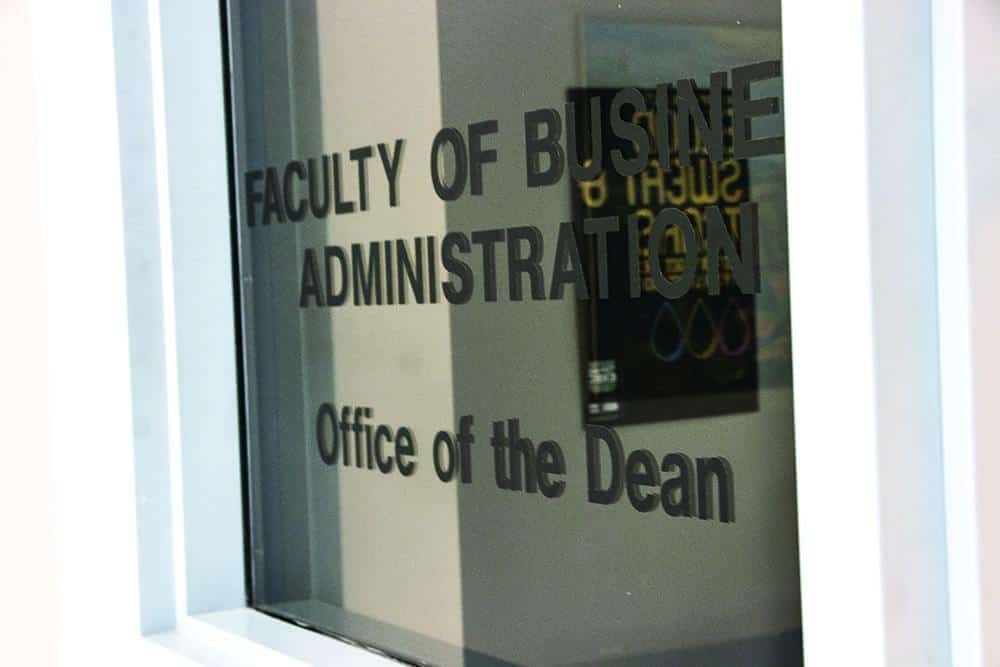We’re still waiting for an apology

Now, it’s too little too late
Here’s the thing about apologies: if you make a lacklustre apology ages after one was asked of you, the apology reads as a forced means of salvaging your reputation, and unless you make a continuing effort to make amends for what you did, it isn’t an apology; it’s a publicity stunt.
So, on this note, the U of R’s lack of apology regarding poet George Elliott Clarke is now going to be too little way too late – if it happens at all – to make any kind of change.
You shouldn’t be required to put up a fight with your university to apologize for giving someone who has supported a known murderer a platform. You shouldn’t need to demand an apology, face silence for weeks on end, and then receive a forced one well after it could have generated any meaningful change or conversation.
Instead, if we even get an apology, it will feel forced to get angry students and faculty off of the backs of the administration, and it’s painfully apparent.
It feels as though the situation of what happened regarding this murder is continuously downplayed, so I’m going to provide a brief summary as courtesy of CBC: George Elliott Clarke has worked with Steven Kummerfield, a man who beat an Indigenous woman to death 25 years ago. CBC marks that Clarke’s talk was cancelled “simply” because of his connection with Kummerfield, and I feel as though that belittles the extent of what he did.
In 1995, Kummerfield and his accomplice named Alex Ternowetsky took Pamela George, who was 28 at the time of her death, outside of the city and brutally beat her to death. George was a “single mother who occasionally sold sex to help support her children,” according to CBC. The two killers then bragged about the assault.
And Clarke’s talk was cancelled “simply” because he edited some of Kummerfield’s later writings. Kummerfield was released on parole in 2000. Clarke claims he only learned of Kummerfield’s violent past four months prior. This has since stirred the conversation of separating an artist from their art. [EIC’s note: The fact that the talk was supposed to be about murdered and missing Indigenous women and girls and yet he would not commit to speaking the words of someone who committed to that atrocity boggles the mind.]
If the artist is a convicted, brutal killer, for me, it’s hard to separate. Apparently, this isn’t the case for the administration.
A letter, sent by a variety of professors to the executive of council, who had a meeting held on Feb 19, read that “the University maintains a narrative around these events that centres academics and George Elliott Clarke and dismisses both the harm done to various communities as well as collaborative relationships and community-engaged research that many of us have built over long periods.”
It also stated that “the families and friends of missing and murdered Indigenous women, girls, and two spirit people have shared their indignation about the University’s actions and responses and its lack of engagement.”
Their course of action feels as though it should be obvious, yet here we are. Still, they remain silent. For a university on treaty four land that claims it wants to work toward reconciliation, this is a huge step backwards.
I would maybe add something about the fact that his talk was meant to be about MMIWG, & the fact that he said he wouldn’t rule out reading some of Kummerfield’s work – that contributed to a lot of the outrage.









